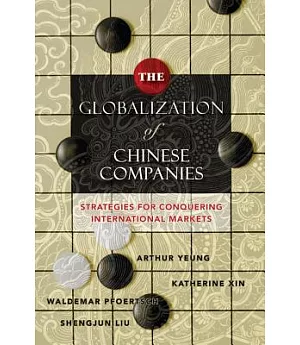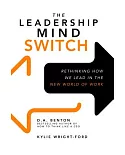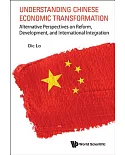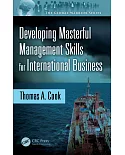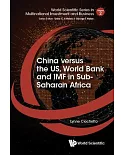The rise of China has been widely accepted as a key
development in the 21st Century. As an indicator of this trend, many leading Chinese firms have started to show their muscle through the ambitious acquisition of global brands like
Thinkpad and RCA. Nevertheless, most people in western countries know very little about these Barbarians at the Gate. Who are they? Will they change the global competitive landscape as Japanese
firms did in the 1980s? How should western companies react to these new challengers?
The rise of these ambitious Chinese companies in the global
stage could offer both opportunities and challenges. In this book, you will see many convincing and in-depth case studies, first-hand interview as well as useful frameworks to understand this
next wave of globalisation.
The four authors of this book constitute a strong,
diversified team. There is a combination of experts on marketing, strategic human resource management, leadership development and case studies. They have many years of teaching experience in
leading schools in the world including IMD, CEIBS, University of Michigan, HKUST, University of Southern California, Chinese University of Hong Kong, and Kellogg School of Management. The
extensive consulting experience of the authors also provide an insider’s view.
There are many insights from the authors and interviewees
in this book, including:
繚 A company could choose to go global through M&A, organic growth or
strategic alliance.
繚 In terms of organizational capability, Chinese firms are globalizing
from weakness rather than strength.
繚 A global company should have not only global employee competence but
also global employee mindset and global employee governance.
繚 There are many quiet heroes in globalization like Huawei, Galanz and
CIMC. They didn’t make as much noise as TCL and Lenovo, but they are even more successful.
繚 Chinese firms are very flexible and opportunity driven, which could be
both a strength and a weakness for them.
繚 Very often, the M&A decision of Chinese firms are driven by complex
motivation, which could be political or economic, rational or irrational, personal or impersonal.
繚 Chinese firms are leader-driver while western firms are system driven.
As a result of this difference, the integration between Chinese and western companies will be very challenging.
繚 When going abroad, Chinese firms are facing not only political
resistance but also distrust from local staff and labor unions.

